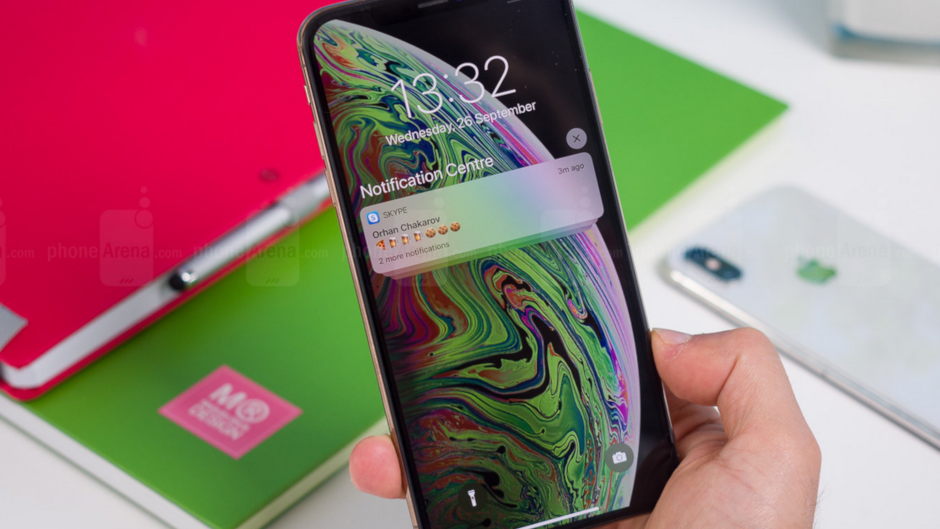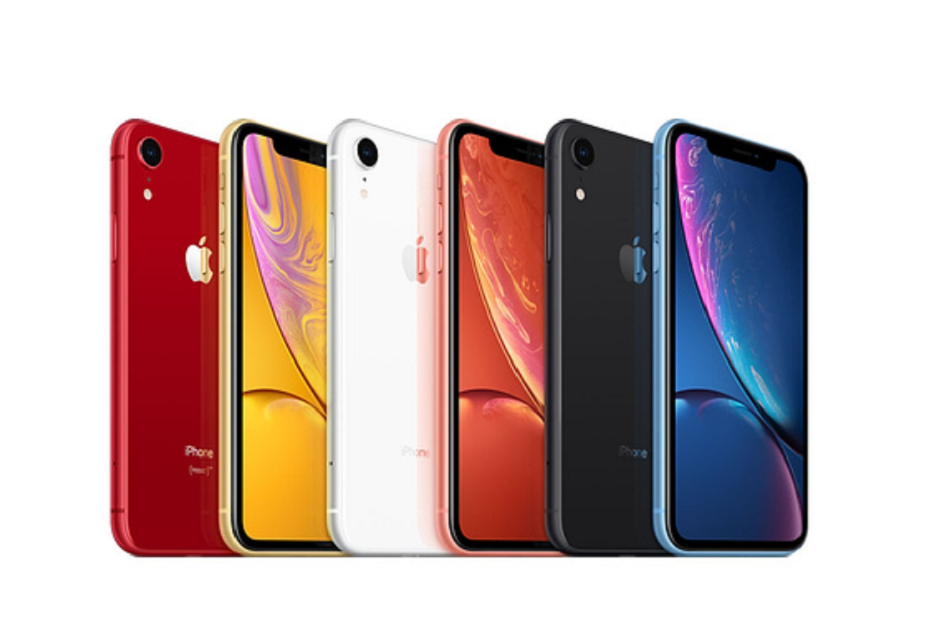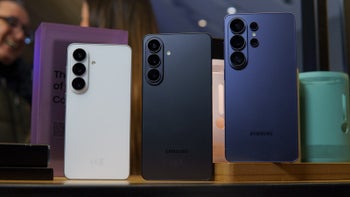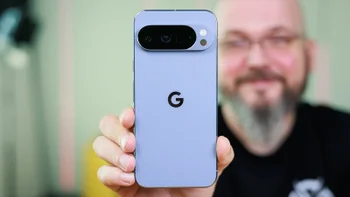This is why you need to check your carrier's monthly invoices very carefully

A group of fraudsters, using identities stolen from real subscribers to wireless carriers, was able to obtain $19 million of Apple iPhone units over the last seven years. The ring, comprised of six people, would purchase the handsets for a fraction of their real price (sometimes getting the device for free) and sell them in the black market to collect a nice profit. The suit, filed in the Southern District of New York (via Quartz), was unsealed revealing the names of the defendants and the aliases that some of them used.
The defendants would walk into a store belonging to the carrier legitimately being used by the real consumers whose identities they assumed. The gang used fake IDs and debit cards to order iPhones using a 24-month installment plan. By the time the real consumers started noticing the unauthorized charges on their bills, the bad guys had split with their new iPhones in tow. While the exact number of iPhones purchased and sold in this manner was not revealed, the suit states that the ring operated in 34 states. The NYPD and the FBI both started investigating the ring in 2014.
While the ring carried out its illegal scheme in multiple states, as we pointed out, the gang was headquartered in the Bronx. The filing indicates that the carriers were the ones left holding the bag. Interestingly, the whole enterprise was run like, well, an enterprise. The leaders called themselves the "Top Dogs," and they ended up with the most loot. The "employees" in middle management were in charge of stealing consumers' identities and creating the fake IDs. The interns, so to speak, actually picked up the illegally purchased iPhones in different states and shipped them to the Bronx. Not exactly how the Fortune 500 do it. All of this information apparently came from a confidential witness known in the filing as "CW-1." Apparently one of the people on the lower rungs of the organization's personnel charts, he made 18 trips for the criminal enterprise and he was paid $100 for each iPhone he was able to ship back to the Bronx.
"On each trip, CW-1 would be accompanied by a driver. In advance of the trip, CW-1 would receive a fake ID and bank card. The bank card was to be used as a secondary form of identification in case CW-1 was questioned as to his identity…Every few days on these trips, CW-1 would send back to the New York area, via overnight delivery, the iPhones he had acquired on the trip and since the last shipment."-Court filing
As soon as you see something strange on your invoice, call your carrier
In 2014, an unnamed shipping company employee started to get suspicious about the number of out-of-state packages that were being received by a pair of particular shipping stores in the New York City area. The employee working for the shipping store, most likely in cooperation with the NYPD and FBI, opened 39 such packages and found 250 handsets inside. The packages also contained fake ID's, credit cards and passports.

The Apple iPhone XR
All six of the men charged have pleaded not guilty and are free on $100,000 bond. If there is a lesson to be learned here, it is that you need to closely examine the monthly invoice from your carrier. Look for charges that you're not familiar with and find out what they are for. Yes, some wireless providers make their invoices as hard to read like a menu in a Chinese restaurant. But if your wireless bill happens to go up by $30-$40 one month and you don't know why, call your carrier immediately. Don't assume that your wireless plan costs more all of a sudden. The faster you notify your carrier, the less money you'll have to fight to get back.
Case 1:19-cr-00391-AT by on Scribd

Follow us on Google News














Things that are NOT allowed:
To help keep our community safe and free from spam, we apply temporary limits to newly created accounts: